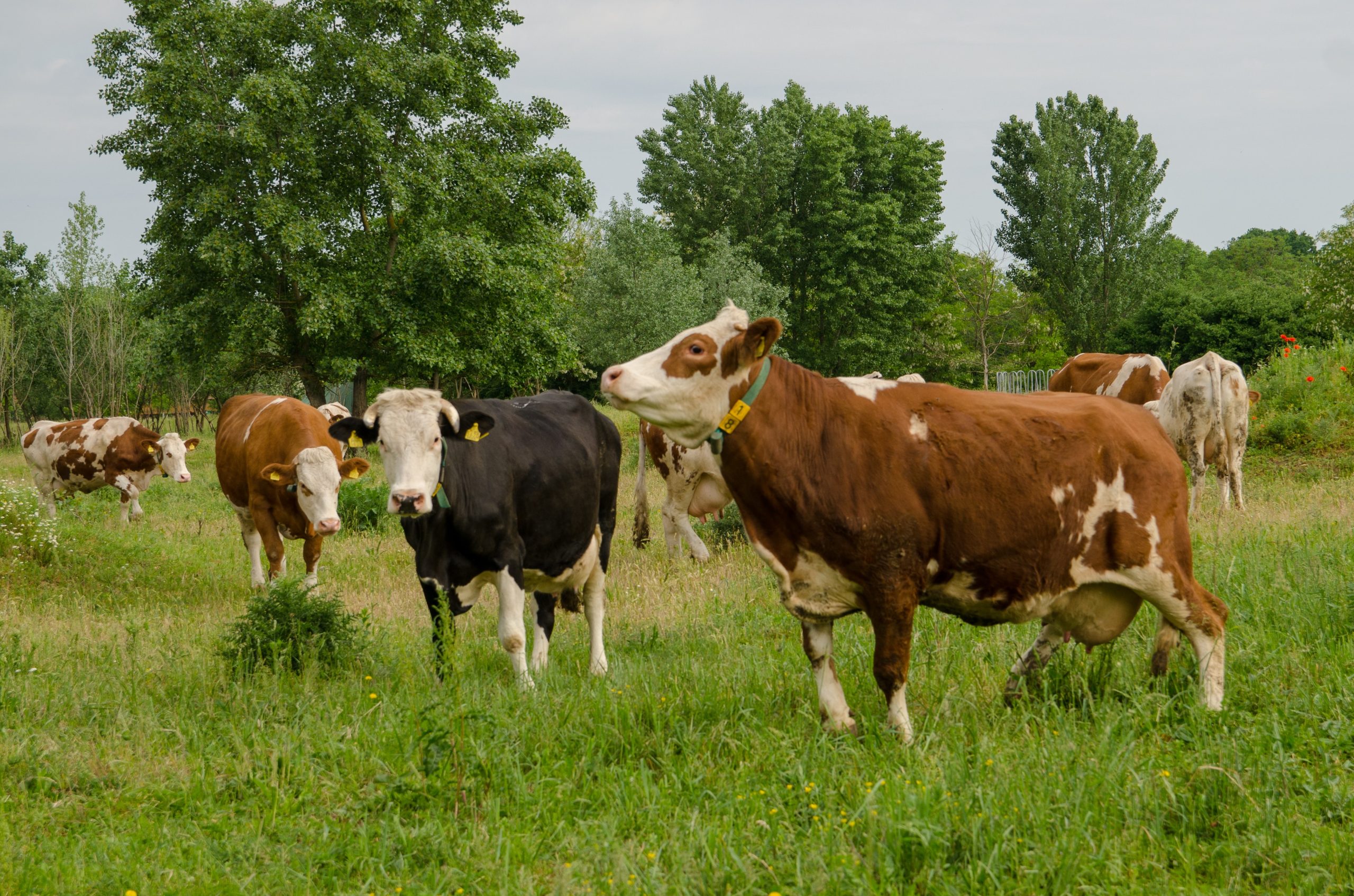The “meatless revolution” is underway, according to the Wall Street Journal—but in this supposed upheaval, people aren’t quitting meat in the conventional sense. 代替, they’re searching for alternatives to it.
Following a few well-publicized corporate partnerships and stock offerings earlier this year, there’s enough hype surrounding what Wikipedia calls “meat analogues” to fill a feedlot.
This type of food goes by a variety of names: substitute meat, imitation meat, mock meat, fake meat, 和更多. The basic idea is that perhaps we can produce meat-like food from something other than animals.
 Veggie burgers have been around for a while, and tofu has an ancient history as a provider of protein. But what we’re seeing now is something different: a type of food that strives to taste like meat, even though it comes from plants or cell-based cultures in labs. This isn’t an effort to please a niche market of vegans, but rather a bold effort to satisfy the demands of meat lovers and those who want to add protein to their diets—and perhaps spark the “meatless revolution.”
Veggie burgers have been around for a while, and tofu has an ancient history as a provider of protein. But what we’re seeing now is something different: a type of food that strives to taste like meat, even though it comes from plants or cell-based cultures in labs. This isn’t an effort to please a niche market of vegans, but rather a bold effort to satisfy the demands of meat lovers and those who want to add protein to their diets—and perhaps spark the “meatless revolution.”
As a lifelong rancher and carnivore, I’m forced to wonder whether these developments threaten my industry and way of life.
Yet I’m not worried, partly because I believe in a couple of important principles.
第一, I welcome new technology in all of its forms. From combustion engines to smartphones to GMOs, technology has improved our lives in countless ways. It certainly has made the cattle industry better, allowing us to provide safe, delicious, and affordable meat to people in the United States and around the world. We wouldn’t be anywhere without the technologies of refrigeration, éºå‚³å¸, transportation, and animal antibiotics.
If somebody wants to bring a new idea into the mix, I’m ready for the challenge as well as the opportunity. Let’s compete with each other, or better yet, partner up for the benefit of consumers.
第二, food choice is an unalloyed good. 理想情況下, people should have the choice to eat what they want to eat for whatever reason, from convenience to nutrition to taste.
Ravioli from a can? Go for it, especially if you’re a working mom on the run. Organic kale? To each his own. A big and juicy steak from grass-fed cattle? My industry is happy to supply it.
I may be a meat-loving rancher, but I also have a granddaughter who is a vegetarian. There’s a place at the table for all of us—even for folks who think watermelon can stand in for smoked ham.
The other reasons I’m not worried about meat alternatives are more practical.
 Demand for protein and specifically meat is growing. In the Unites States, per-capita meat consumption had dipped for a few years, but lately it has increased at a nice pace. (See the table in this æ–‡ç« .) 世界å„地, the demand for meat also is growing, driven by rising population (more mouths to feed) and rising prosperity (more purchasing power for desirable food).
Demand for protein and specifically meat is growing. In the Unites States, per-capita meat consumption had dipped for a few years, but lately it has increased at a nice pace. (See the table in this æ–‡ç« .) 世界å„地, the demand for meat also is growing, driven by rising population (more mouths to feed) and rising prosperity (more purchasing power for desirable food).
So the meat pie is expanding, not shrinking. Meat alternatives probably will muscle their way into more market share. It’s almost inevitable, given that they have next to no market share right now. The good news is that we all have a chance to succeed as we strive to provide people with a diverse range of foods.
The alternative-meat sector also will have to survive what can be a daunting regulatory environment. We should of course have a common-sense, science-based set of rules that support innovation. ä¸å¹¸, regulations can often smother novel ideas with excessive costs and red tape. This is one reason why è½‰åŸºå› ç”Ÿç‰© dominate several staple crops such as corn and soybeans but don’t exist for others with smaller markets. Meat alternatives—especially the kind that come from cell-based meat grown in labs—may face significant hurdles.
Then there’s a question of labels. Is alternative meat really “meat”—and can companies call it “meat” on food packages? Some states are claiming that they can’t and the disputes have gone to court. A big fight about what words mean and how we use them may lie ahead.
For the time being, I’m concerned with more pressing matters, such as trade opportunities for U.S. meat producers and the economic and environmental sustainability of our business.
And I’m confident that the future is full of meat—the real kind.


